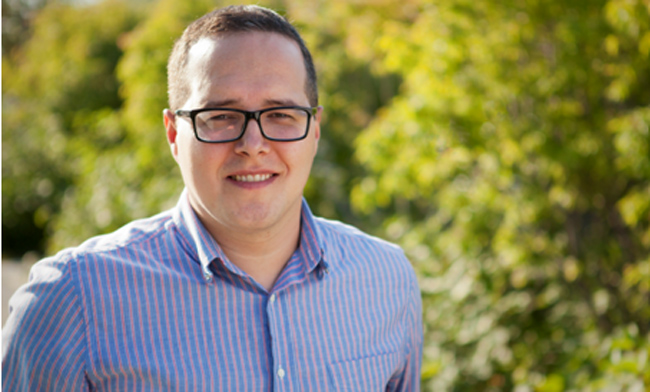Ask Dr. Mushquash: Is the training I’m taking based on solid research evidence?

Welcome to “Ask Dr. Mushquash”.
One of the questions that I am often asked is: How can I find out if the training advertised to my community or organization is based on solid research evidence?
This can be a tricky question to answer. When it comes to mental health, addiction, and wellness in First Nations, there is not always a lot of research done with First Nations participants that is available to read. Instead, we have to look carefully at what is known about a certain approach (usually from research conducted with non-First Nations peoples) and then make our best decision as to whether we think it will be of benefit to our communities and organizations.
One way of approaching training in our communities and organizations is to have ongoing discussion that revolves around a number of related questions. Here are a few examples of questions that can be helpful when trying to determine how to meet the mental health training needs of our communities and organizations:
1. What are our priorities in mental health, addiction, and wellness?
2. What are some of the approaches that are understood to be helpful for addressing difficulties in mental health, addiction, and wellness?
3. Does the individual advertising their training services have the appropriate background in the area we are interested in addressing?
4. Are they regulated by a professional governance body?
5. Do they have the appropriate background we think is needed to be of most use to our communities and/or organizations?
Some examples of governing bodies for professionals who may be offering training in mental health, addiction, and wellness include: College of Physicians and Surgeons of Ontario, College of Psychologists of Ontario, Ontario College of Social Workers and Social Service Workers, and College of Registered Psychotherapists of Ontario. Although this is not necessarily a complete list, it gives you a sense of the kinds of governing bodies for a variety of professions in Ontario.
When it comes to finding out whether certain approaches are supported by research, the Canadian Psychological Association has developed “Psychology Works” Fact Sheets on a number of different mental health and addiction-related issues and can be accessed free of charge. These fact sheets can be found at: http://www.cpa.ca/psychologyfactsheets/
It can also be helpful for communities and organizations to consult with others to determine whether training that is being advertised is likely to be of benefit to First Nations. It is really important to be an informed consumer and recognizing that not everything that is promoted is necessarily evidence based or even helpful. It can be the case that very well-meaning people who have a strong belief in their program want to share it with others they think may benefit. However, training in mental health and addiction for our communities and organizations should not be based on who contacts us with a FAX or email flyer. Training should be based on ongoing conversations we have within our communities and organizations.
It is important to note that Ask Dr. Mushquash is an educational tool and is not meant as treatment or a substitute for professional advice. Dr. Mushquash cannot provide psychological services through the column or arrange referrals or emergency care through this site. If you are in need of immediate help, please contact your local health centre, hospital, mental health worker, or crisis response. Medical questions or concerns should be directed to your nurse or family physician. We also have an ethical and legal obligation to report any suspicion of physical, sexual, or emotional abuse to the appropriate authorities.
For more information on Dr. Mushquash’s research, please visit his website: http://mushquash.lakeheadu.ca or follow him on Twitter: @DrMushquash


